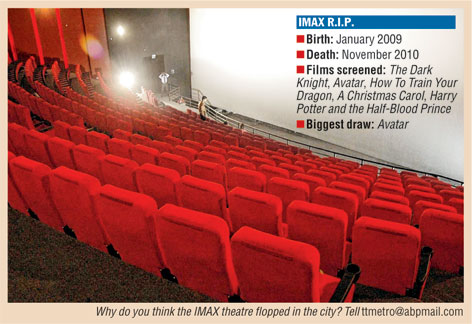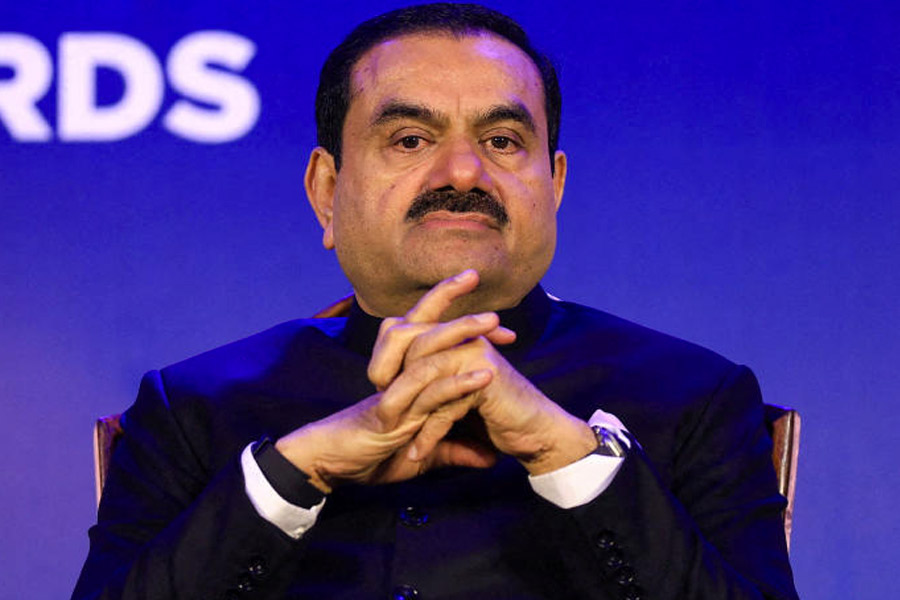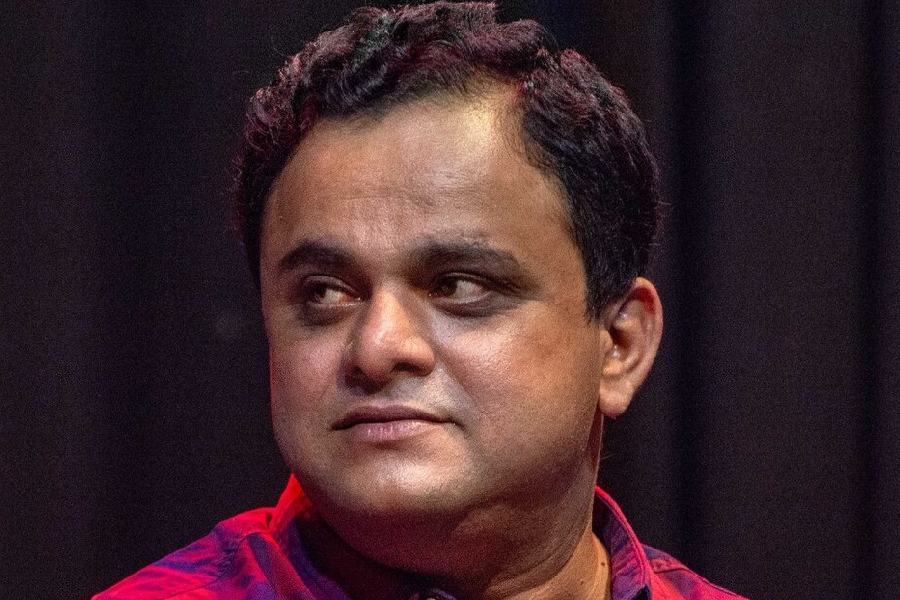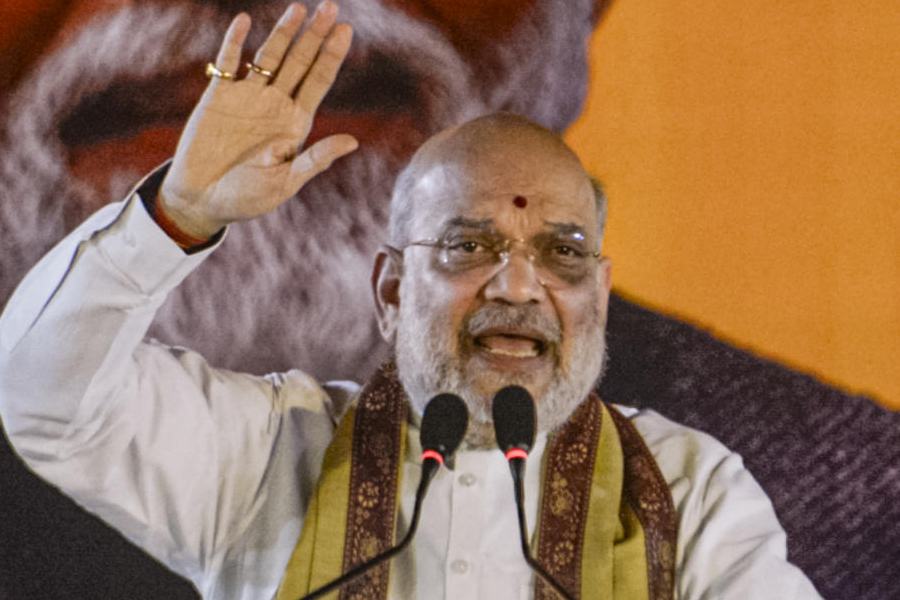 |
The lights have dimmed for the last time in the giant-screen IMAX theatre at Mani Square mall, two winters after it opened doors with the promise of “the world’s most powerful and immersive” cinematic experience.
The mall authorities and the country franchisee of IMAX Corporation, after a protracted stand-off, agreed to pull the plug on the seven-storey high 3-D screen, the likes of which continue to attract houseful audiences in Mumbai and Hyderabad.
“Since the IMAX format was not doing well, we have parted ways with them (the franchisee), and the commercials of separation have been amicably sorted out,” said Sanjay Jhunjhunwala, the managing director and CEO of Mani Group, the developers of the mall.
The IMAX excitement had worn off quickly in the city — despite it being starved of entertainment options — as the theatre seldom screened fresh content. Not many were willing to watch, even in IMAX 3D, a film they had seen at a multiplex or on DVD months ago.
“A blockbuster like Avatar was screened at IMAX at least 10 to 12 weeks after it had released all over the world,” said Mahendra Soni of Shree Venkatesh Films.
Films were not changed for months, often leading to cancelled shows. “The stale content negated the 3-D draw even when it came to luring kids to IMAX,” said a leading city distributor.
The IMAX properties in Mumbai and Hyderabad record high footfall because they primarily screen new films. For example, the latest Harry Potter film had a day-date release at IMAX Mumbai.
The high cost of an IMAX print was responsible to a great extent for the stale content. The cost of screening each film at the theatre, built with an investment of Rs 18 crore, was Rs 30 lakh-plus.
“A film had to run houseful for at least six to eight weeks for the high print and operational costs to be recovered,” said Soni.
Some believe the EM Bypass location was the final nail in the oversized coffin.
“Despite the stale content, the theatre could have done better if it was located closer to the city centre,” said exhibitor-distributor Arijit Dutta.
Film-maker Aniruddha Roy Chowdhury agreed. “For the average Calcuttan, travelling from Ballygunge to Salt Lake for a film is a huge distance psychologically.”
According to sources, the IMAX screen will soon be converted to a normal multiplex screen and taken over by plex chain Cinemax.
IMAX maintains that it is not leaving the city for good.
“We are not moving out of Calcutta; this is only a change of venue. We are scouting for an alternative location at Rajarhat or along the EM Bypass,” said Rajesh Aeren, the vice-chairman of Samurai Entertainment, the India franchisee of IMAX.
The company is, however, uncertain when it will set up shop once more in the city.
“An approachable location and going back to the old game of volumes, where they can pack in many shows, should be the key next time around,” is the word of advice from Dutta.











